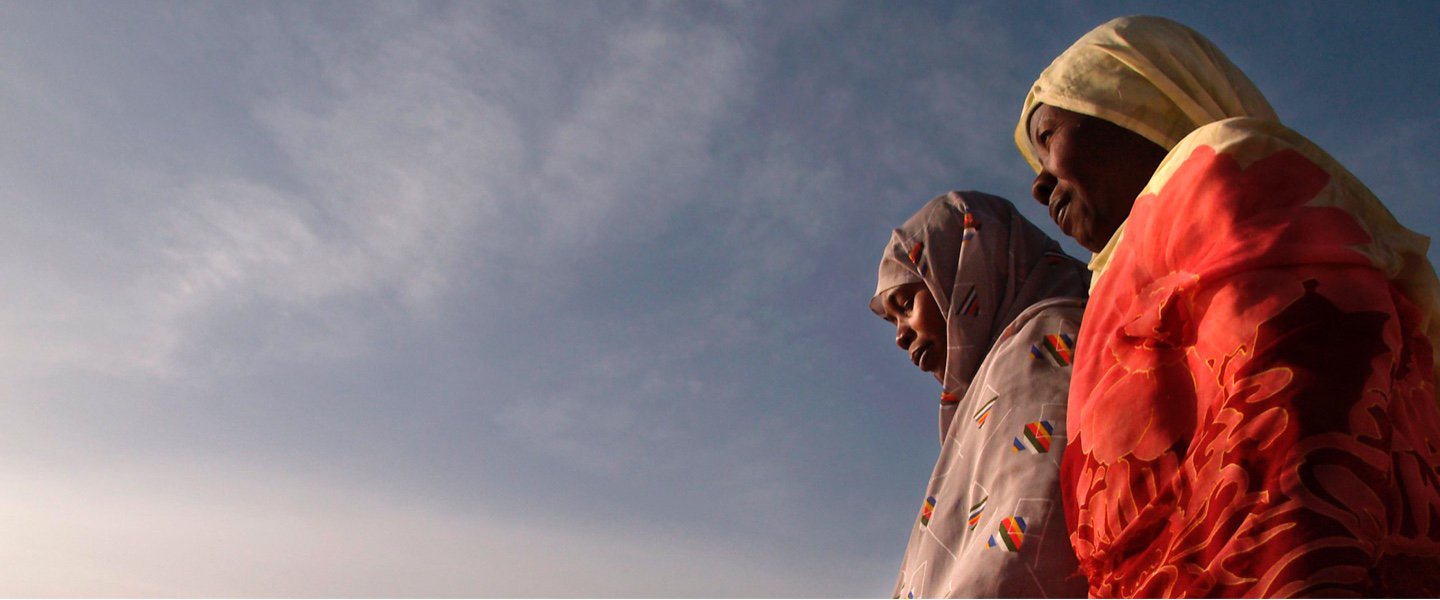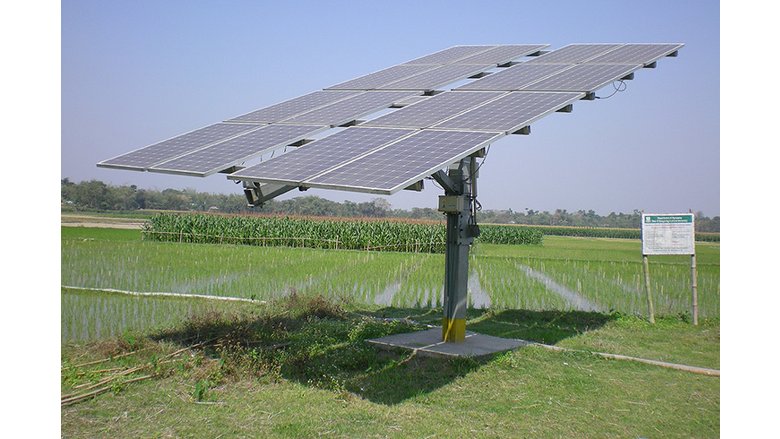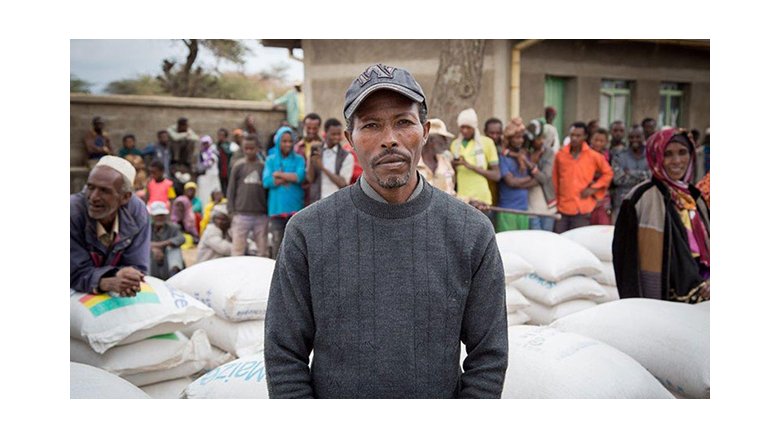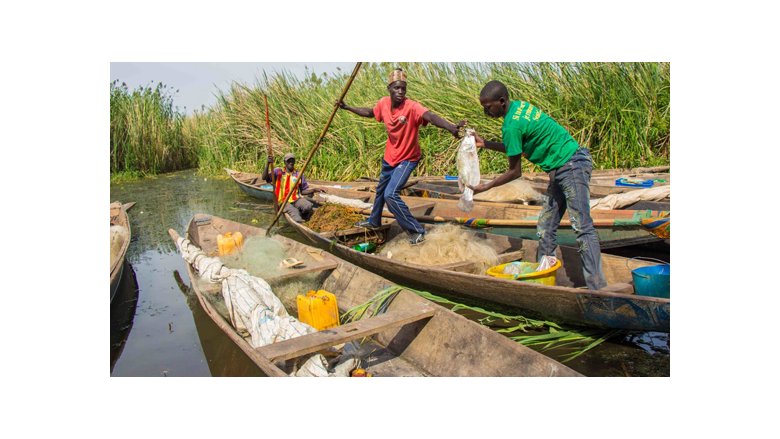- In Ethiopia, the Sustainable Land Management Program (SLMP) brought over 900,000 hectares under sustainable land management, benefitting some 2.5 million people. The program has contributed to better water access, less soil erosion, higher yields, diversified sources of income and improved food security – resulting in more resilient livelihoods and boosting the country’s human capital. Making the land more productive and conserving soil and water has also improved biodiversity overall. The results have been expanded under the Resilient Landscapes and Livelihoods Project that will benefit about 3.2 million people. Moreover, the Ethiopia Climate Action Through Landscape Management Program (Program for Results) is striving to further scale up these results in 500 watersheds across the country. Nearly half a million households will also have legal land certificates, including 23,227 landless youth (a third being women) who received land certificates in exchange for restoring degraded communal lands.
- In Mozambique, the Mozbio Project has strengthened the country's key conservation areas and improved the lives of communities living in their vicinity. Mozbio helps preserve a network of national parks and reserves, strengthens management capacity and promotes nature-based tourism, as well as business and livelihood opportunities focusing on conservation and biodiversity. To date, MozBio directly benefited nearly 80,000 people (34 percent female); created 2,150 tourism and conservation jobs; helped secure 519 jobs threatened by the pandemic; and supported 151 Small, Medium and Micro Enterprises.
Key Achievements
Results

INDICATORS
CO2 emissions from solid fuel consumption (% of total)
Results At-A-Glance
Projects

News Updates
Related Documents
tabOn selection, change the data
Key Achievements
Key Achievements
- In Ethiopia, the Sustainable Land Management Program (SLMP) brought over 900,000 hectares under sustainable land management, benefitting some 2.5 million people. The program has contributed to better water access, less soil erosion, higher yields, diversified sources of income and improved food security – resulting in more resilient livelihoods and boosting the country’s human capital. Making the land more productive and conserving soil and water has also improved biodiversity overall. The results have been expanded under the Resilient Landscapes and Livelihoods Project that will benefit about 3.2 million people. Moreover, the Ethiopia Climate Action Through Landscape Management Program (Program for Results) is striving to further scale up these results in 500 watersheds across the country. Nearly half a million households will also have legal land certificates, including 23,227 landless youth (a third being women) who received land certificates in exchange for restoring degraded communal lands.
- In Mozambique, the Mozbio Project has strengthened the country's key conservation areas and improved the lives of communities living in their vicinity. Mozbio helps preserve a network of national parks and reserves, strengthens management capacity and promotes nature-based tourism, as well as business and livelihood opportunities focusing on conservation and biodiversity. To date, MozBio directly benefited nearly 80,000 people (34 percent female); created 2,150 tourism and conservation jobs; helped secure 519 jobs threatened by the pandemic; and supported 151 Small, Medium and Micro Enterprises.





